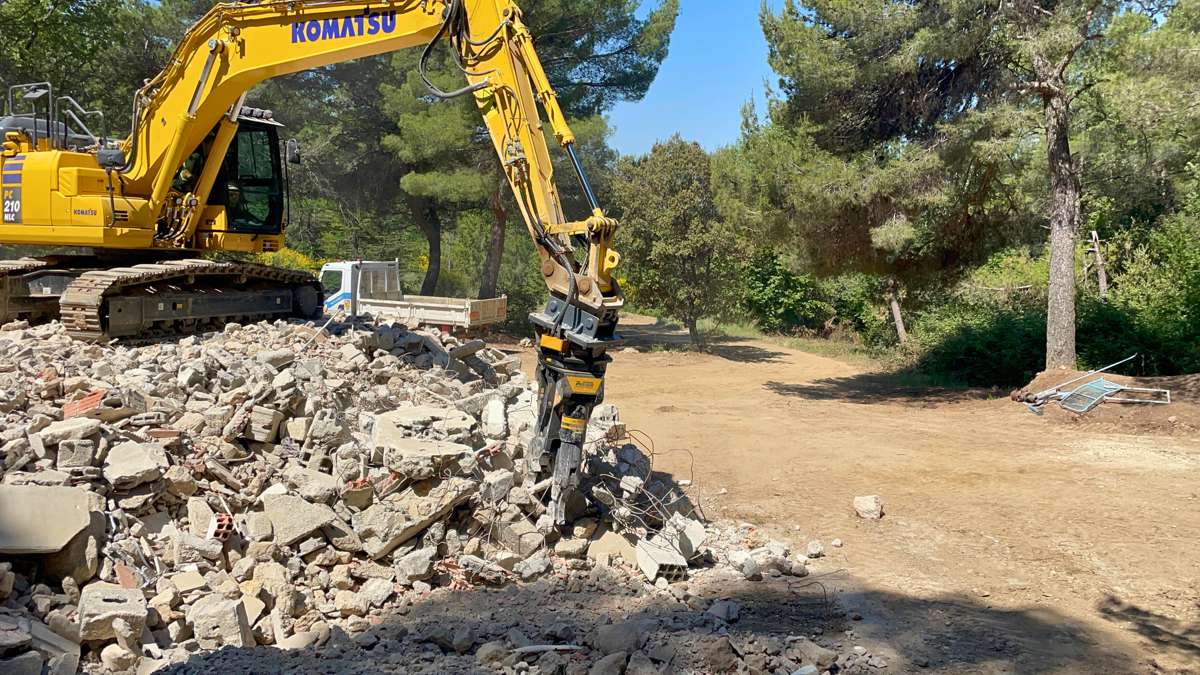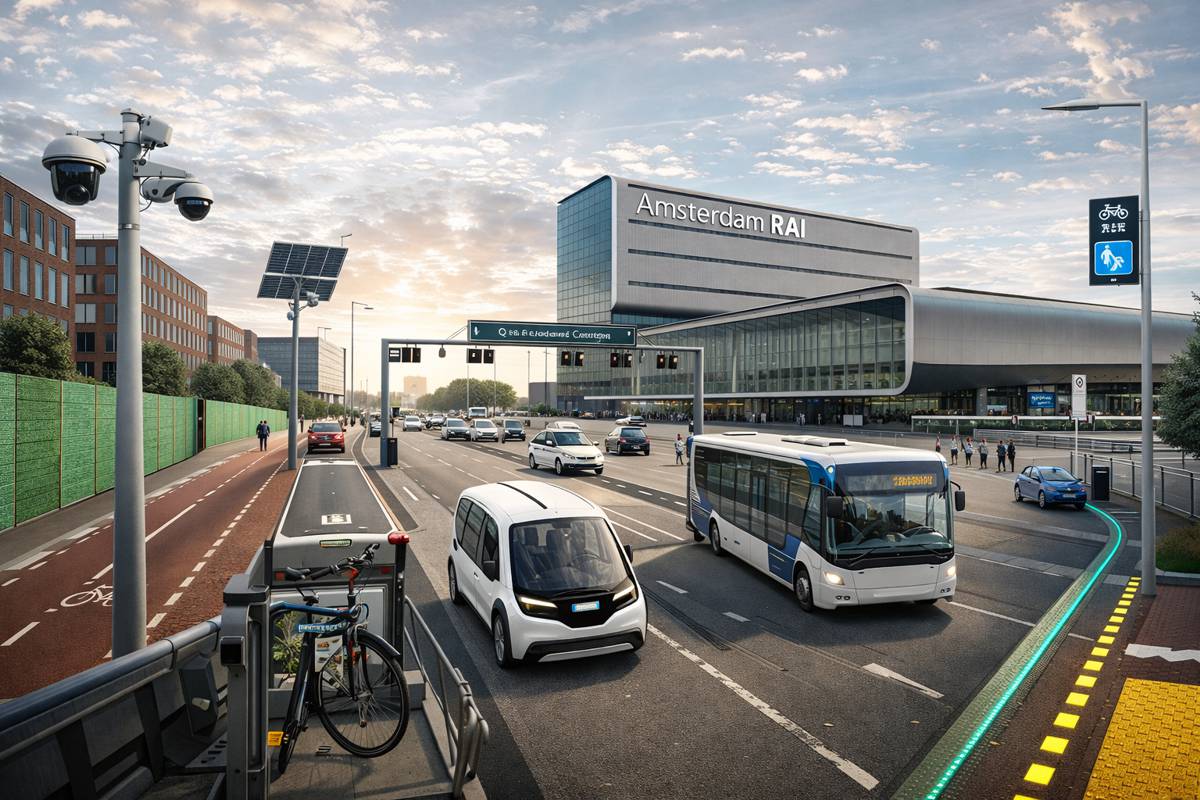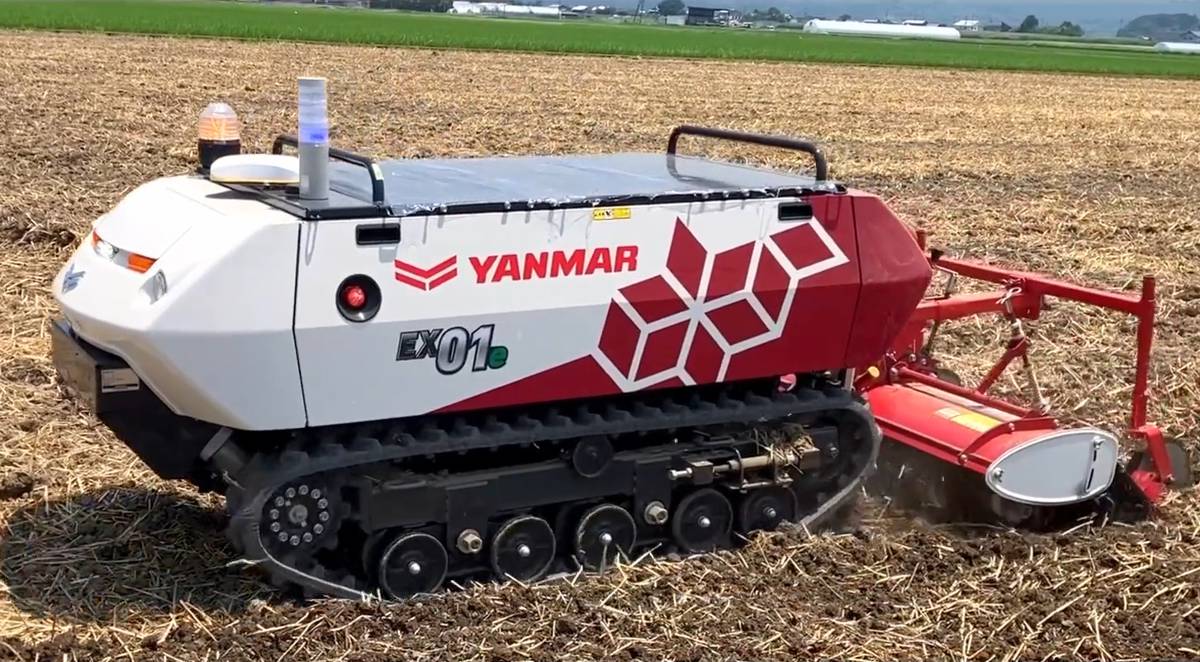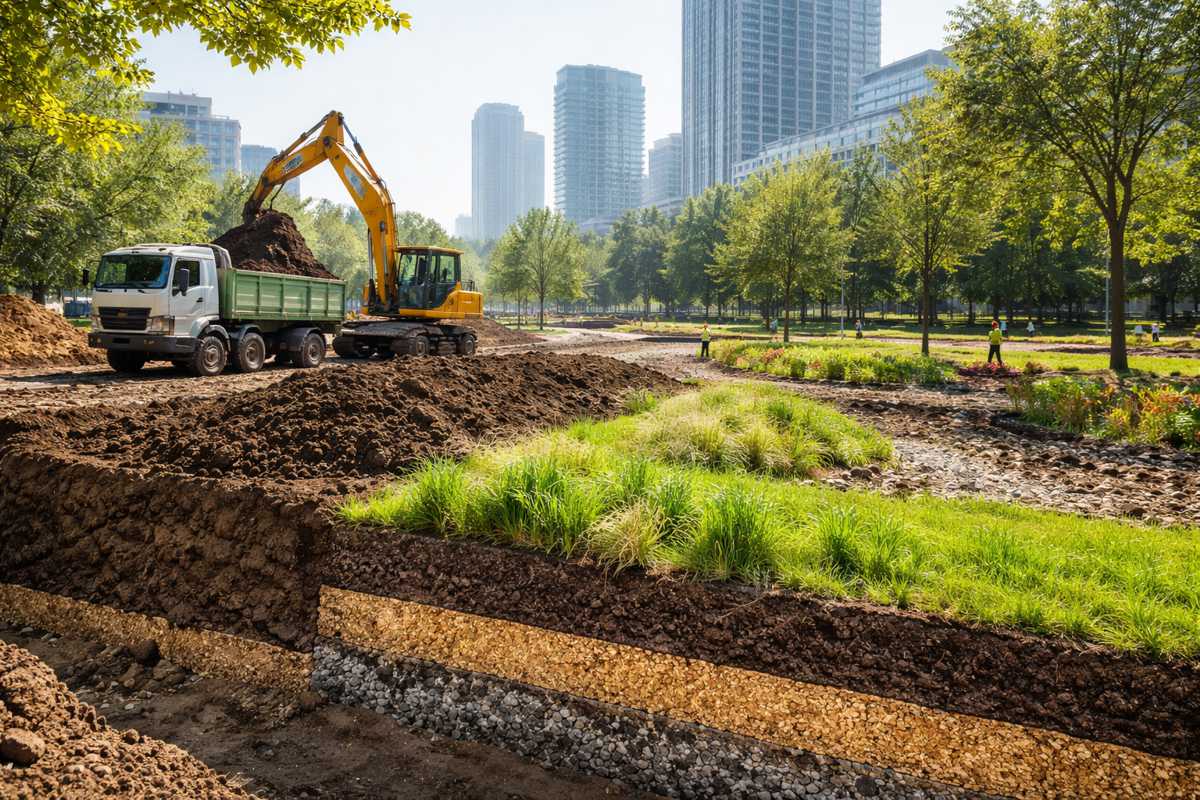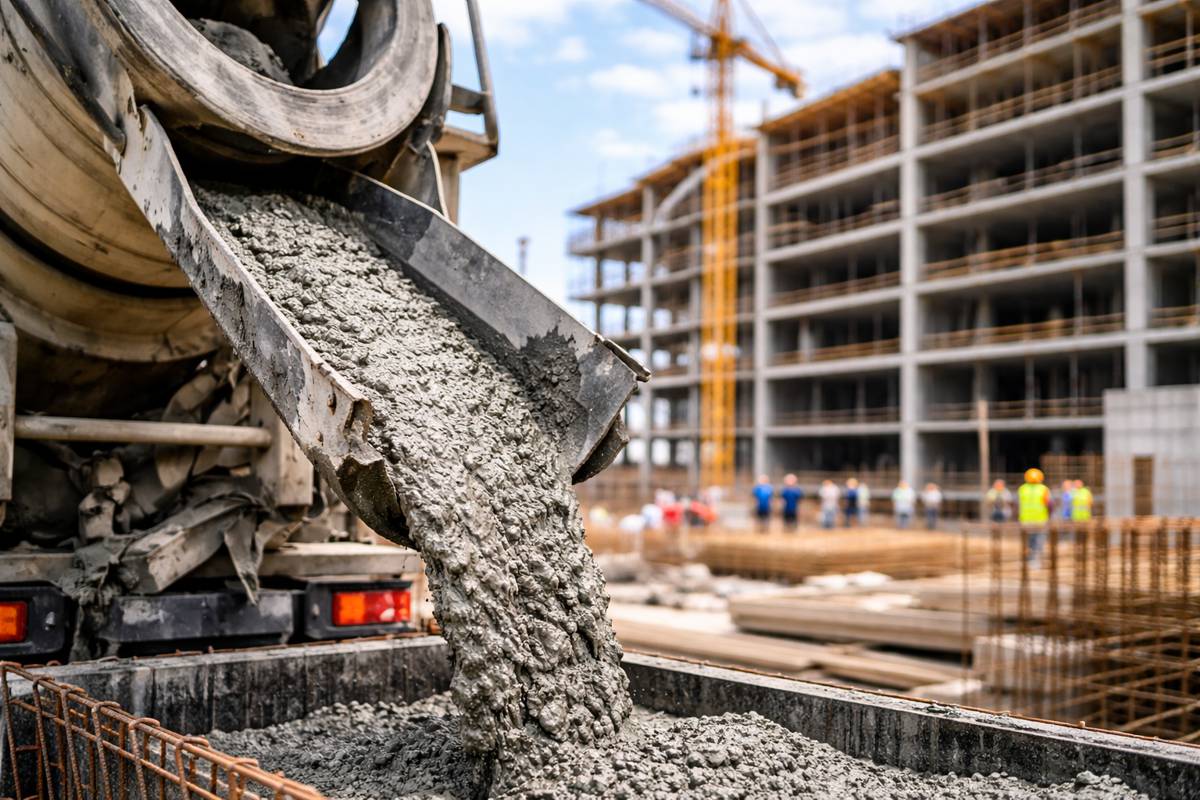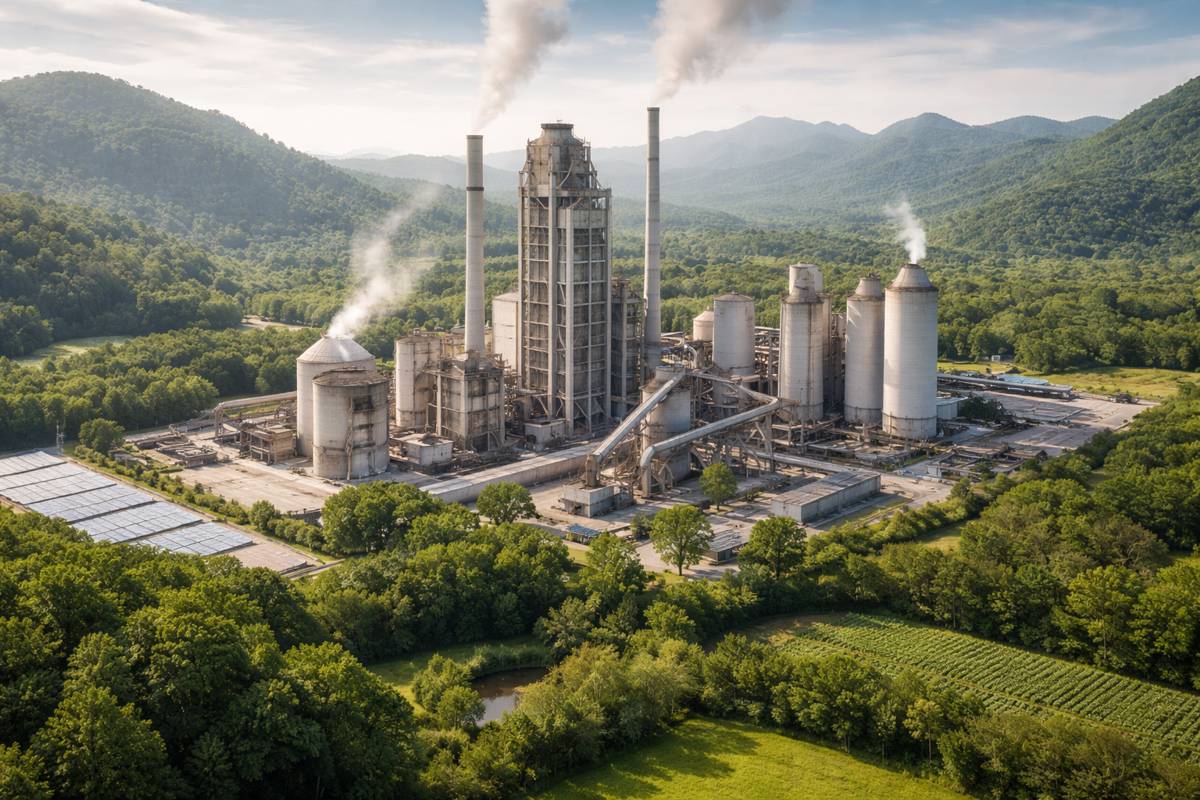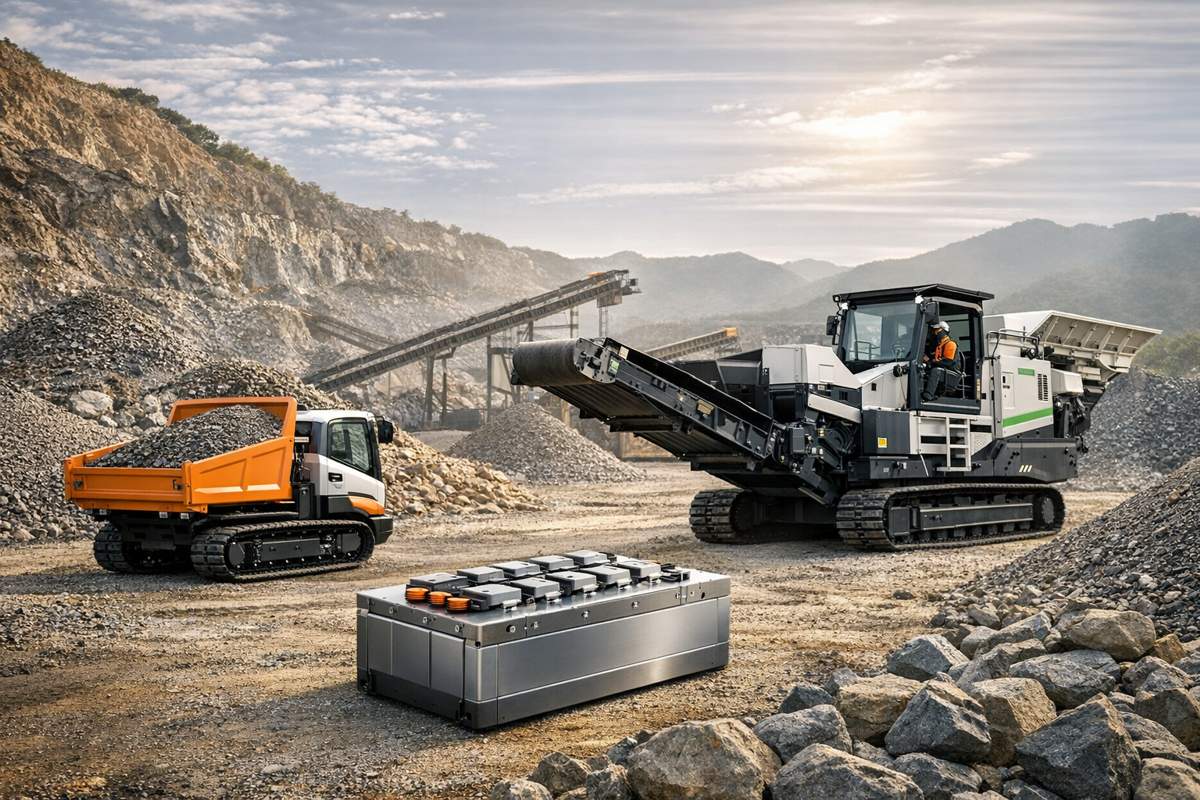How inclement weather can cause project delays
No construction professional wants to deal with delays, yet everyone will have to at some point. Running behind schedule is all too common in the industry, as the very nature of construction work is prone to delays. One of the most common sources of these setbacks is inclement weather.
More than 90% of global infrastructure projects are late or over-budget, and often both. This issue stems from various factors, many of which are within your control. Some, however, will happen no matter how much you optimize your workflows. Inclement weather falls into that category.
Weather is one of the most common and substantial obstacles for construction crews. Even conditions that may not seem severe can cause significant delays in project completion times. Here’s a closer look at how this happens and how you can prepare for it.
Hindering Equipment
The first way in which inclement weather delays projects is by limiting the utility of equipment. While most of the machines you rely on can withstand many environmental hazards, nothing is invincible. Unexpected storms can render even the toughest machines practically useless.
While there is no OSHA standard for unsafe wind speed in construction, it doesn’t take much for wind to become a problem. Gusts of 25 mph, well below the National Safety Council’s definition of “high winds,” are enough to endanger cranes and their operators. Given the safety risks these gales pose, you’d likely have to pause some operations until winds die down.
Excessive heat can hinder engine performance, as it increases strain, making malfunctions more likely. Any breakdowns will take time to repair, leading to hours or even days of lost productivity. Similarly, lubricants can congeal in extreme cold, increasing friction and reducing equipment performance.
Endangering Workers
Even if inclement weather doesn’t affect your equipment, it can endanger your workers. If conditions become too dangerous, you’ll have to pause operations, or else you could be liable for the reckless endangerment of your employees. While safety takes precedence over timeliness, these pauses will delay completion times.
When you hear “inclement weather,” you likely imagine storms. But conditions don’t have to be that extreme to endanger workers. Construction often involves materials like concrete and asphalt, which emit more solar heat, creating heat islands. These conditions make it far easier for workers to experience heat exhaustion or other related injuries.
If conditions lead to an accident like this, it can have a considerable impact on completion times. Work injuries led to the equivalent of 70 million lost days of productivity in 2019 alone. Pausing construction to prevent injury will decrease lost time, but it still causes delays.
Jeopardizing Materials
Poor weather conditions can also harm the materials you work with, affecting the integrity of the structures you build. This, in turn, will likely result in rework to tear down the compromised sections and build them again. Rework is already a common source of project delays, so these instances will make it worse.
If temperatures get too cold, it can slow down or stop the cement hydration process, reducing its strength. Any structures you build with this cement may not be strong enough. Similarly, hot weather can cause water to evaporate from mortar, causing it to settle prematurely and lose strength.
Rainfall will make it nearly impossible to work with concrete and could make bricks and pipes challenging to manage. Consequently, you’ll have to pause construction in heavy rain, delaying the project. If not, you’ll likely end up with sub-par construction that will require rework.
Stopping and Slowing Deliveries
Some of the delays from inclement weather happen away from the work site. The site itself may be in perfect weather, but poor conditions elsewhere can delay incoming shipments. If you can’t get your materials when you need them, you won’t be able to finish the project on time.
Heavy rain can decrease average traffic speeds by 16%, which doesn’t seem like much but can have compounding effects. If a driver has to travel for several hours and is in the rain the entire time, that 16% speed reduction will make a considerable difference. Poor weather conditions also make accidents more likely, which can slow traffic even further.
These same scenarios can happen to your workers, too. Sub-optimal driving conditions can make your employees run hours late in some cases, taking away much of the workday. Even if just a few workers are late, the site will be less productive, leading to longer project times.
Contract Repercussions of Weather Delays
Any delays can cause problems down the road with client satisfaction and even legal agreements. Stoppages from inclement weather are no different. While you may think that you’re not contractually responsible for these delays, that’s not always the case.
The American Institute of Architects (AIA) touches on weather delays in the General Conditions of the Contract for Construction. Under these guidelines, you can only make a claim for additional time if you couldn’t have reasonably anticipated the weather and it was abnormal. Otherwise, you may not be able to get a time extension.
Similarly, ConsensusDocs, another popular contract form, only provides for extensions if the weather is abnormal and you can’t reasonably anticipate it. Both of these guidelines leave some room for interpretation, but you can still be responsible for weather delays. If that’s the case, you could face an even tighter time crunch or contract disputes.
Mitigating the Impact of Inclement Weather
While inclement weather may seem unavoidable, you can mitigate its impact. Thorough preparation will help you prevent unexpected weather-related problems and stay productive despite a tighter schedule. One of the most crucial considerations in this regard is machine maintenance.
If you keep all of your equipment in optimal condition, poor weather won’t affect them as much. Cleaning a machine’s undercarriage, for example, takes just five minutes if you do it regularly and prevents snow or mud build-up from slowing it down. If you’re working in colder months, remember to winterize all equipment so any harsh conditions don’t affect their performance.
Always create multiple contingency plans for your schedule from the beginning. That way, if there’s an unexpected weather change, you can adjust your operations without much delay or extra work. As you work, monitor the weather closely to see if you need to adjust anything in response to incoming storms or other conditions.
Ensure you have a quick and clear way to communicate with workers and any other project stakeholders. That way, if something happens, you can inform everyone of any changes before confusion and disputes arise. Make sure you have a clause about weather delays in your contract, too.
You can also mitigate the impact of inclement weather by embracing connected technologies. Tools like building information modelling (BIM) can boost productivity by 30% or more. With those kinds of improvements, any delays from the weather won’t affect your schedule as heavily.
Project Delays Can Come From Anywhere
Construction delays can come from a wide variety of factors. You won’t be able to prevent all of them, but you can optimize your work site to stay productive despite these challenges. When you know how inclement weather can affect your schedule, you can plan accordingly.
While you can’t control the weather, you can control how you respond to it. If you understand the risks and possibilities and prepare thoroughly, inclement weather doesn’t have to compromise your project schedule.





















